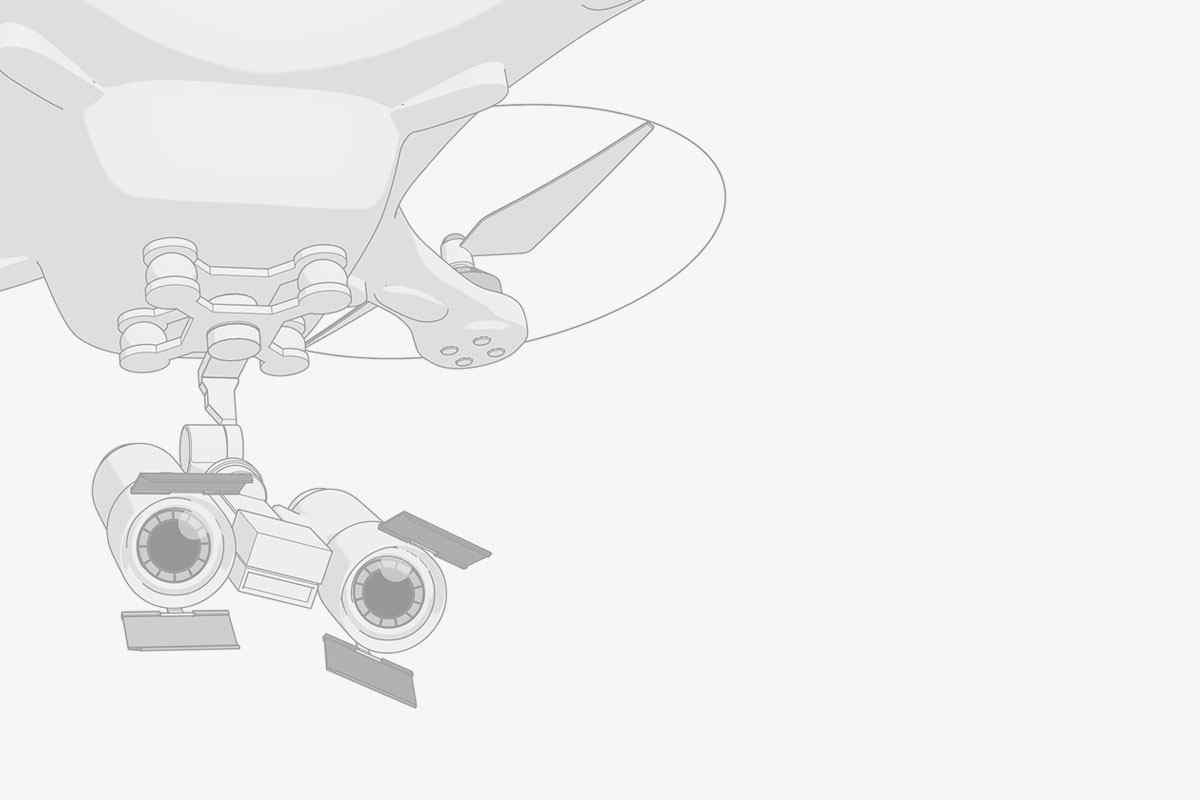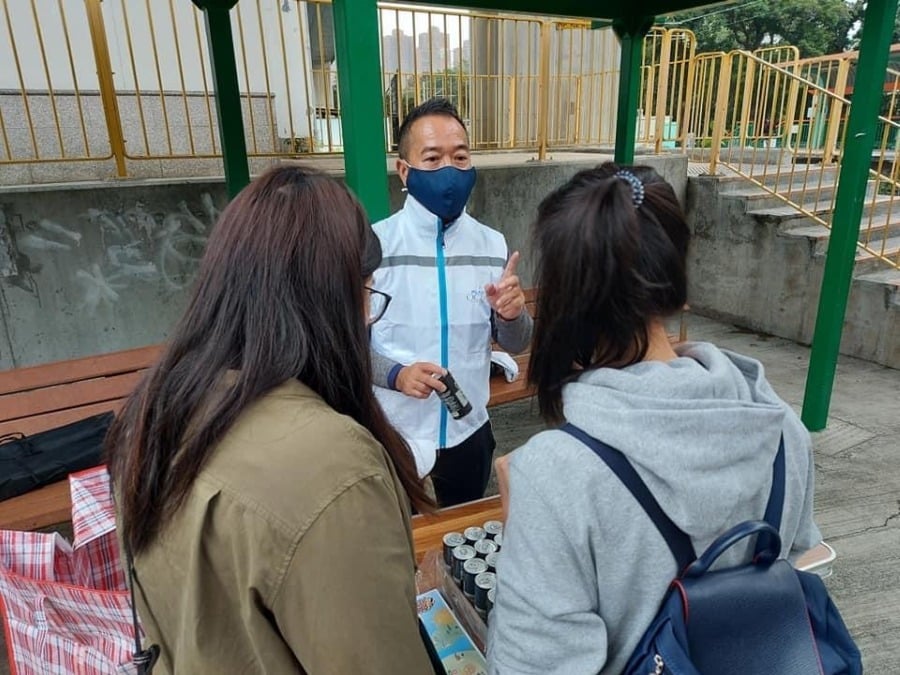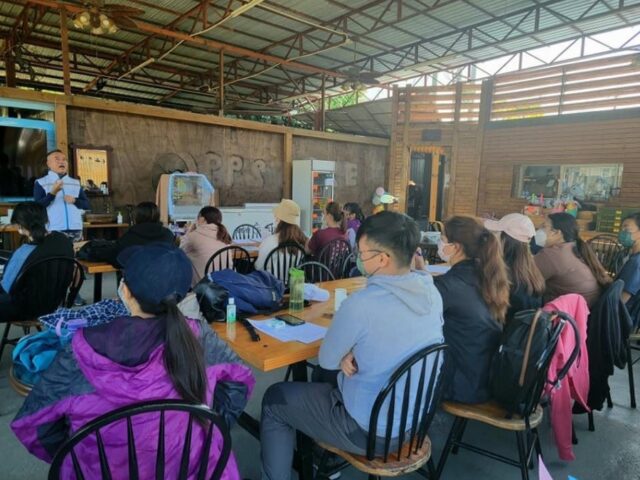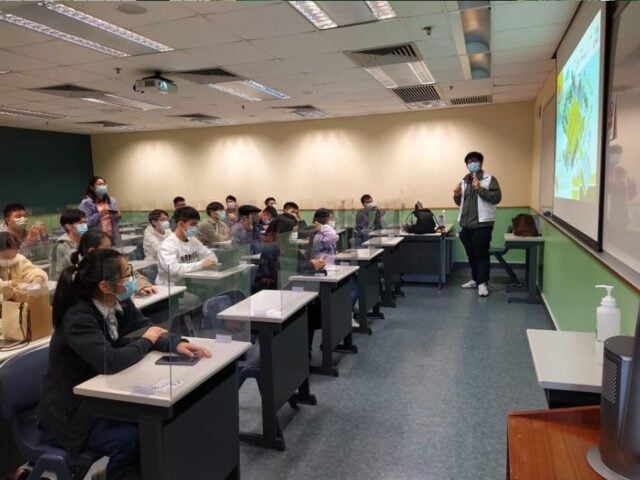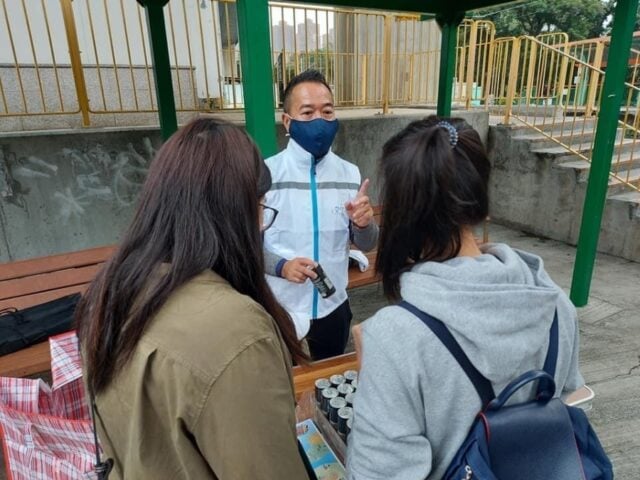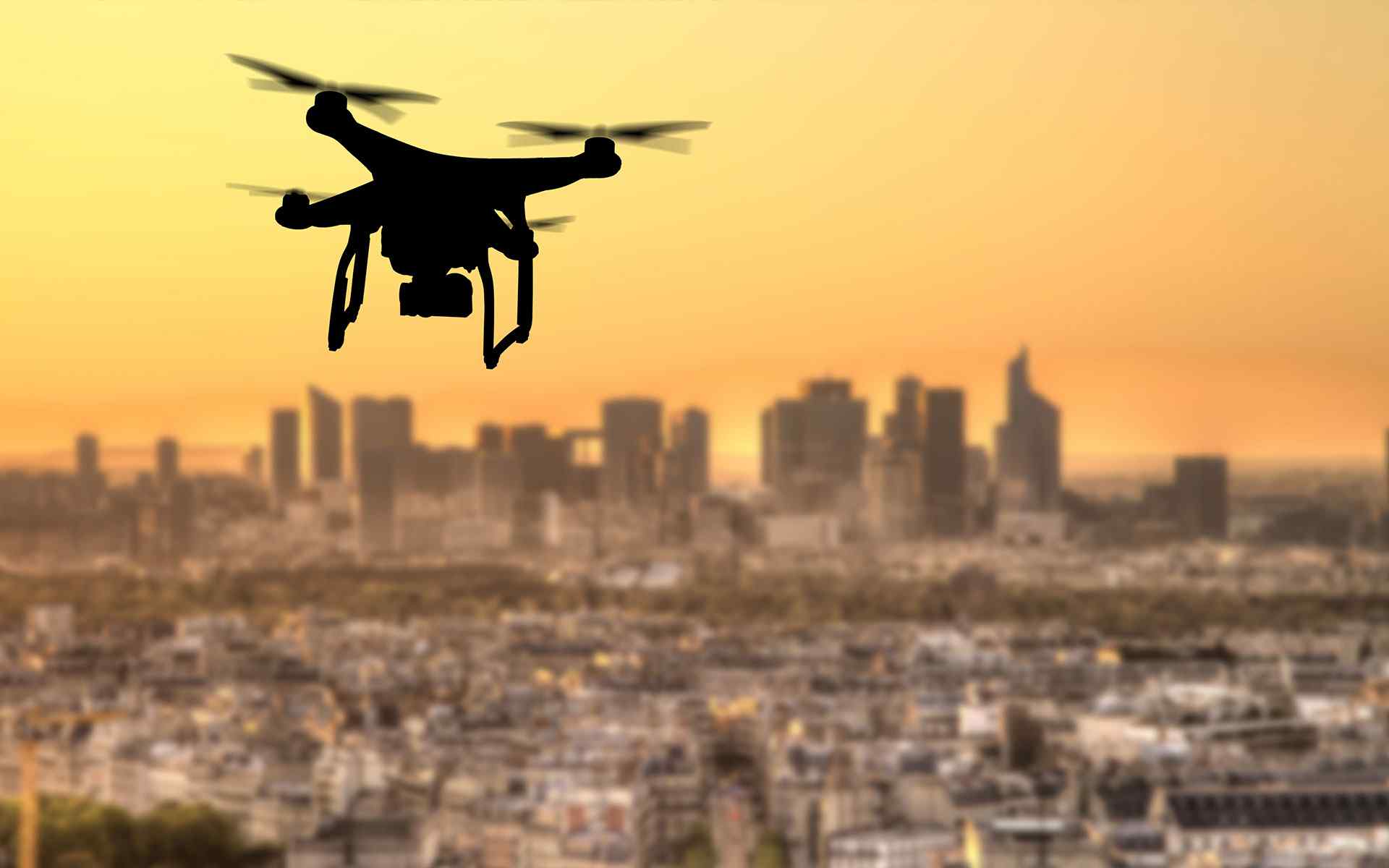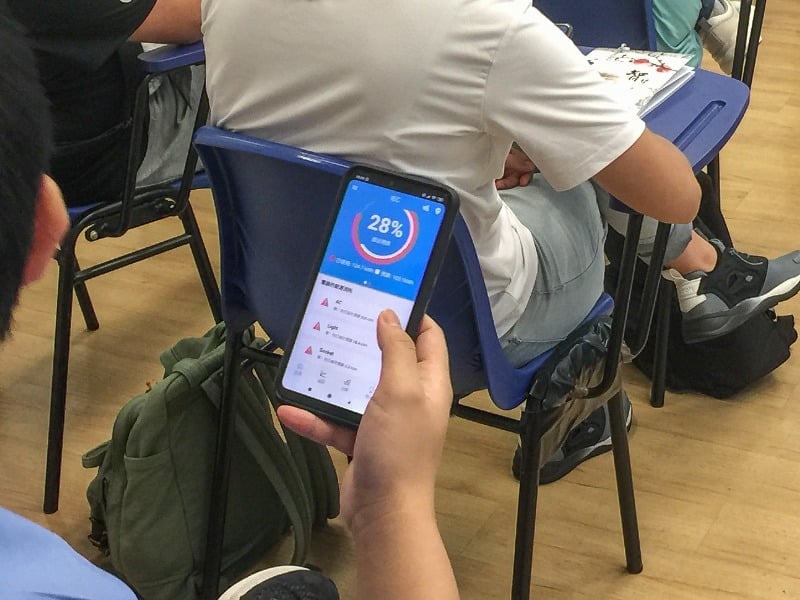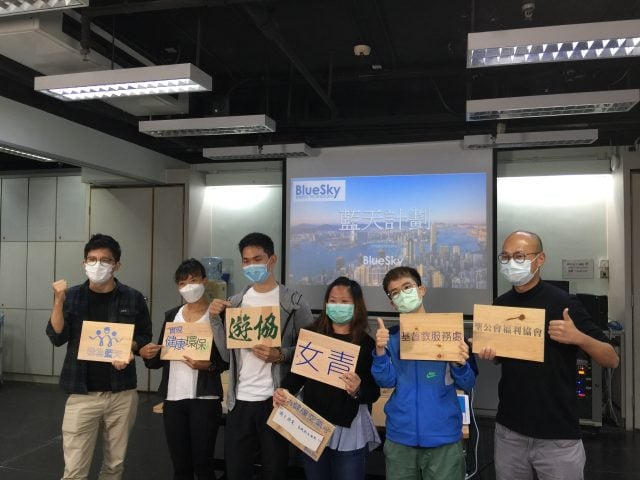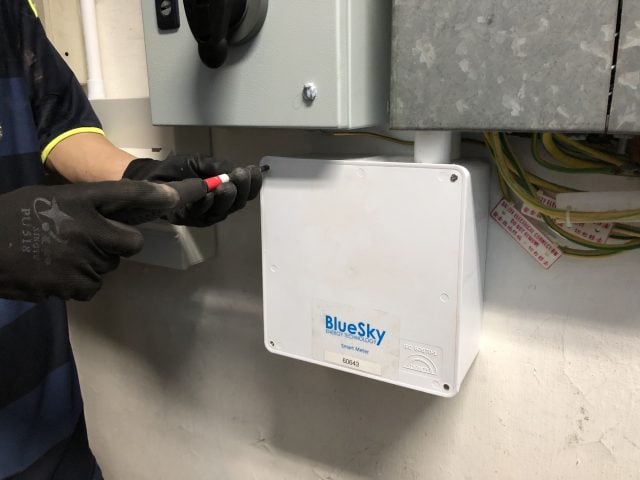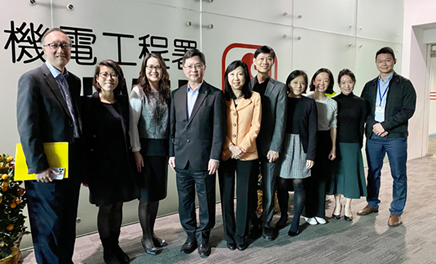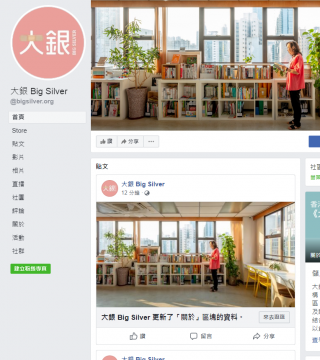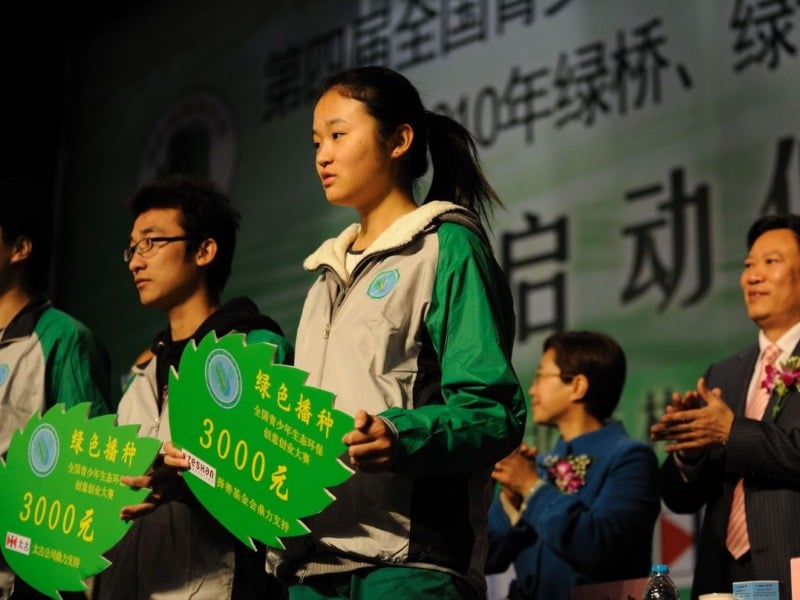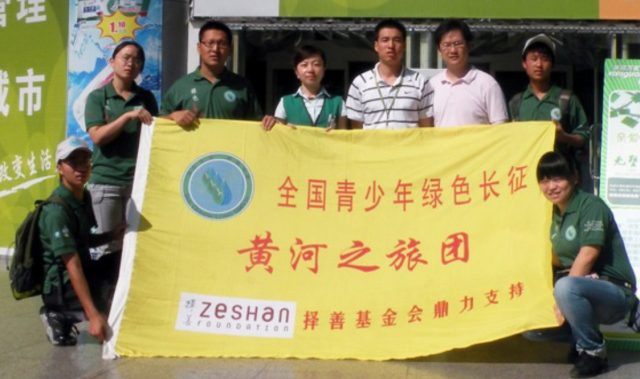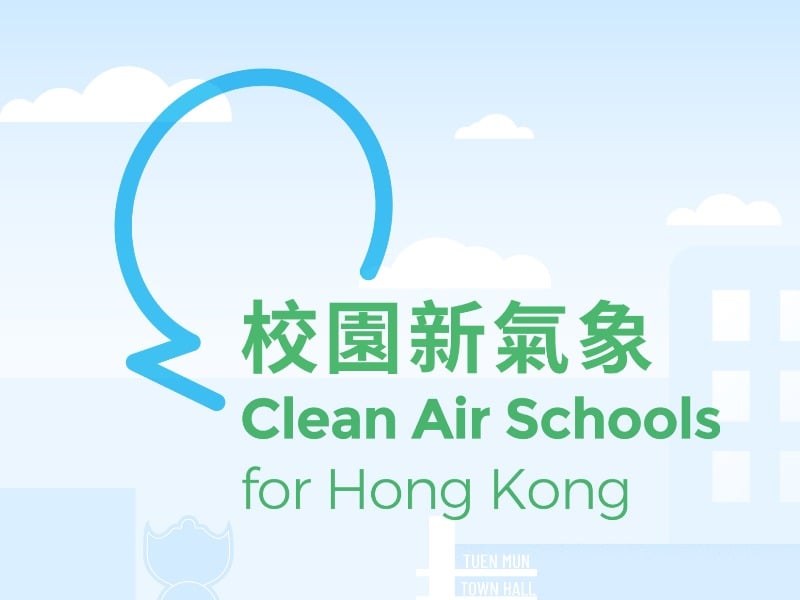
Clean Air Schools
Environmental protection has been higher on public agenda in Hong Kong. It is exciting to see more information exchanges and community campaigns on pressing issues like greenhouse gases, wastes and habitat degradation. But what about air pollution?
Compared to the extreme hot days, odor nuisances or loss of endangered species, smog might seem to be a less worrying phenomenon. Air pollution, however, can be harming our health at different stages slowly yet severely. Air pollution deserves our attention.
Sharing the same mission that we need more conversations and actions on air pollution, ZeShan Foundation has collaborated with Clean Air Networks (“CAN”) in 2022 to carry out a 2-year school-based project on air monitoring and education. The pilot will support 8 primary and secondary schools in Sham Shui Po and Tuen Mun to gather real-time data on air quality via monitor installation. This is one of our first attempts to develop more community-led initiatives to address our environmental issues. With the available data and technical support from the Hong Kong University of Science and Technology, the participating school management, teaching staff and students will be guided by CAN to develop and test out their adaptation measures to address air pollution in schools.
Sowing the seeds of raising awareness and knowledge, ZeShan hopes to see more behavioral changes around air pollution on a school level, and ultimately a cleaner and healthier learning environment for nurturing young minds.
Alexa Li
Assistant Program Manager
ZeShan Foundation
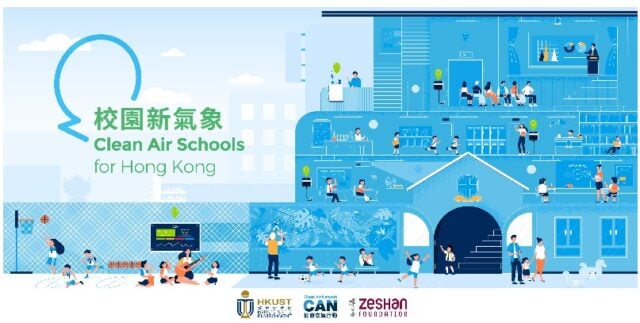
Photos Grid for Heading 02
- Tab 1
- Tab 2
- Tab 3
Inside Tab Heading 01 H4
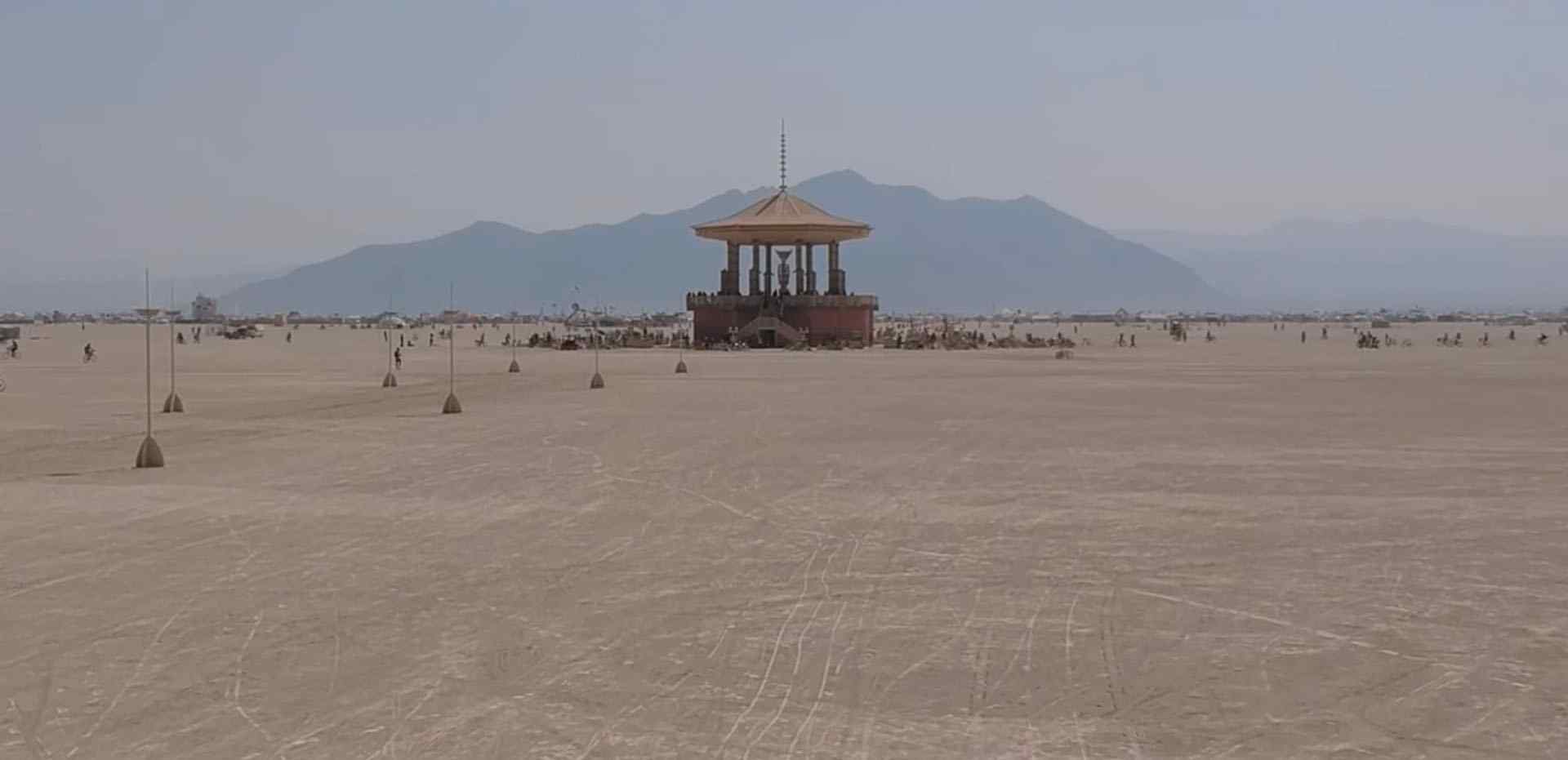
Related Links
Website: CAN
Media (Chinese Only):
香港首個校本空氣質素監測網絡成立 為小學提供儀器監察校園空氣
(HK01 News)
「校園新氣象」計劃 香港首個校本空氣質素監測網絡成立 協助校園改善空氣質素 – 明校網 – 全港幼稚園、小學、中學及國際學校資訊平台
(Mingpao News)

